A scheme to convert Western Australia's legendary 30,000-ton private iron ore trains to driverless operation is at the testing stage. Rio Tinto Iron Ore has been running trials for six months to pave the way for fully automatic operation at a cost of $518USD. Originally conceived to increase throughput at a time of high demand, a collapse in ore prices has shifted focus to productivity and efficiency gains in order to maintain profitability. In four years, global iron ore prices have fallen by 75% from a peak of $190 in 2011 to $46.70 in April 2015.
The potential savings are significant: RTN operates a fleet of 175 locomotives and 10,500 wagons to run around 300 trains a week on its 1700km private network. It moves an average of 620,000 tons a day in 2.4km long trains of 236 wagons worked by three locomotives at a maximum speed of 75kph. Each train carries 29500 tonnes of ore valued at 1m Australian dollars even at today's depressed prices.
Automation will enable an increase in tonnage from 225m to 353m a year, via an optimised driving strategy which will shorten journey times by eliminating crew changes and cutting energy consumption and emissions. RTN would also eliminate 70000km of a road miles each week ferrying drivers to the right place to start or finish shifts. There would be significant job losses which would save milking of dollars n the pay bill.
Precedent already exists. LKAB's Kiruna Mine in the Arctic Circle has remotely controlled its operations - including underground - for many years. It operates a 12km fully automatic rail network handling up to 35m tonnes of ore annually.
All 175 locomotives and 10,500 wagons have already been fitted with ECP brakes which deliver brake commands digitally and simultaneously throughout the train which means that the entire 236 consist behaves like a single railcar! Trains can slow down and stop faster, with much higher precision and greater safety. Although the project has slipped by about a year, Rio Tinto hopes to be running 41 autonomous trains across the Pilbara network by the end of 2015. - NH
We read it in: Railway Gazette International, June 2015


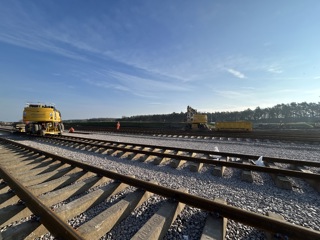
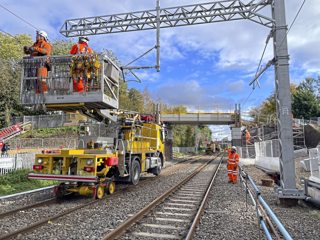
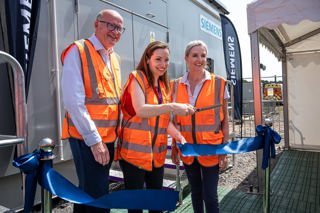
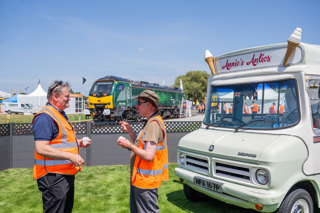
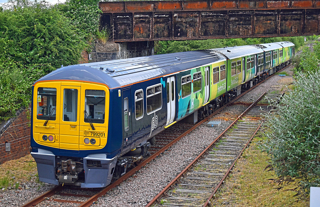











Login to comment
Comments
No comments have been made yet.